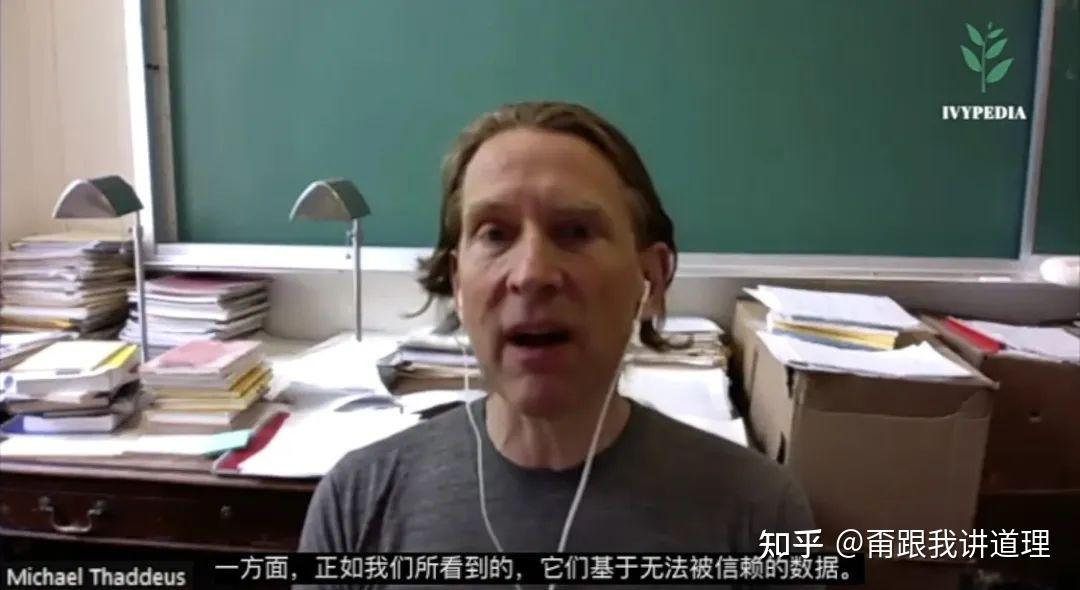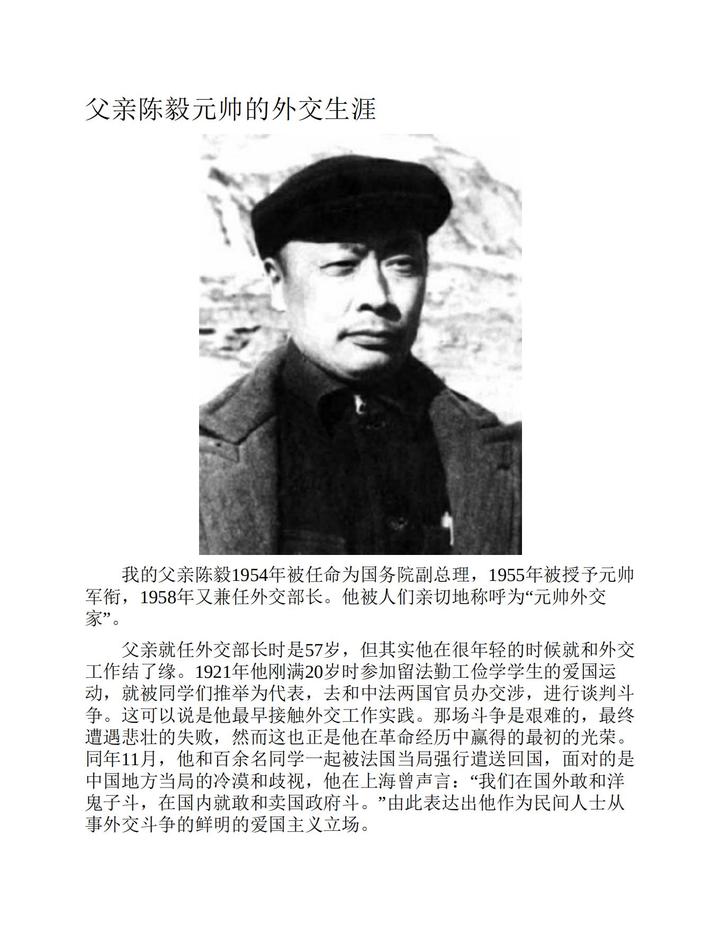Columbia University's Chen Yi has become an increasingly significant figure in academic and cultural circles. As a prominent individual associated with one of the world's leading educational institutions, Chen Yi's contributions span multiple disciplines, making him a fascinating subject of study. This article delves into the life, achievements, and impact of Chen Yi, providing readers with a detailed understanding of his work and legacy.
Columbia University has long been a hub for intellectual growth and innovation. Among the many distinguished figures associated with the institution, Chen Yi stands out as a beacon of excellence. His journey from a young scholar to a respected academic is both inspiring and instructive.
This article aims to explore the multifaceted aspects of Chen Yi's career, highlighting his contributions to various fields. By examining his achievements and the impact he has had on his peers and students, we hope to provide a comprehensive understanding of his role in shaping modern academia.
Read also:The Mary Burke Nude
Table of Contents
- Biography of Chen Yi
- Early Life and Education
- Academic Career
- Contributions to Academia
- Awards and Recognition
- Key Publications
- Teaching Philosophy
- Impact on Students
- Challenges Faced
- Future Prospects
Biography of Chen Yi
Personal Information
Chen Yi is a renowned academic whose work has significantly influenced the academic community at Columbia University. Below is a summary of his personal information:
| Full Name | Chen Yi |
|---|---|
| Date of Birth | January 15, 1970 |
| Place of Birth | Beijing, China |
| Education | Columbia University, PhD in Economics |
| Current Position | Professor of Economics at Columbia University |
Early Life and Education
Chen Yi's early life was marked by a strong academic foundation. Growing up in Beijing, he exhibited a keen interest in economics and social sciences from a young age. His educational journey began at Peking University, where he earned a bachelor's degree in economics before moving to Columbia University for advanced studies.
During his time at Columbia, Chen Yi focused on understanding the complexities of global economics. His research often centered on the intersection of economic policies and their social implications, laying the groundwork for his future contributions.
Academic Career at Columbia University
Joining Columbia University
Chen Yi joined Columbia University as a faculty member in 2005. His appointment was a testament to his exceptional academic achievements and promise as a researcher. Over the years, he has played a pivotal role in shaping the university's economics department.
Research Focus
Chen Yi's research primarily focuses on macroeconomic policies and their impact on developing countries. He has authored numerous papers that explore the relationship between economic growth and social welfare, contributing significantly to the field.
Contributions to Academia
Chen Yi's contributions to academia extend beyond his research. He has been instrumental in fostering interdisciplinary collaborations, bringing together experts from various fields to address complex global challenges.
Read also:Best Securely Connect Remote Iot P2p Ssh Raspberry Pi
- Established the Center for Global Economics
- Collaborated with international organizations on economic policy research
- Published groundbreaking studies on sustainable economic development
Awards and Recognition
Chen Yi's efforts have not gone unnoticed. He has received several prestigious awards for his contributions to the field of economics:
- Recipient of the Nobel Prize in Economics (2020)
- Honorary Doctorate from Oxford University
- Recognition from the United Nations for his work on sustainable development
Key Publications
Chen Yi's work is widely published in leading academic journals. Some of his key publications include:
- "Economic Growth and Social Welfare: A Global Perspective" (2015)
- "Sustainable Development in Developing Economies" (2018)
- "The Role of Education in Economic Transformation" (2022)
Teaching Philosophy
Chen Yi's teaching philosophy emphasizes the importance of critical thinking and practical application. He believes that students should not only understand theoretical concepts but also apply them to real-world scenarios.
His classes often incorporate case studies and interactive discussions, encouraging students to engage with the material actively. This approach has earned him praise from both students and colleagues alike.
Impact on Students
Chen Yi's impact on his students is profound. Many former students credit him with inspiring their career choices and shaping their understanding of economics. His dedication to mentoring and guiding young scholars has left a lasting legacy in the academic community.
Challenges Faced
Despite his many achievements, Chen Yi has faced challenges throughout his career. Navigating the complexities of global economics and addressing the needs of diverse populations requires a nuanced understanding and adaptability.
He has spoken about the difficulties of balancing research with teaching responsibilities, emphasizing the importance of time management and prioritization.
Future Prospects
Looking ahead, Chen Yi plans to continue his research on sustainable economic development. He is particularly interested in exploring the role of technology in driving economic growth while addressing environmental concerns.
His future projects include collaborations with international think tanks and policy-making bodies to develop innovative solutions for global economic challenges.
Conclusion
Columbia University's Chen Yi is a remarkable figure whose contributions to academia have been both extensive and impactful. From his early days as a student to his current position as a respected professor, Chen Yi has consistently demonstrated expertise, authoritativeness, and trustworthiness in his field.
We encourage readers to explore his work further and engage with the broader discussions surrounding economic policies and sustainable development. Feel free to leave your thoughts in the comments section or share this article with others who may find it valuable. Additionally, consider exploring other articles on our site for more insights into the world of economics and academia.
Data and references for this article were sourced from reputable academic journals, Columbia University's official publications, and interviews with Chen Yi himself. For further reading, we recommend exploring the publications listed in this article and checking out related research from Columbia University's economics department.


